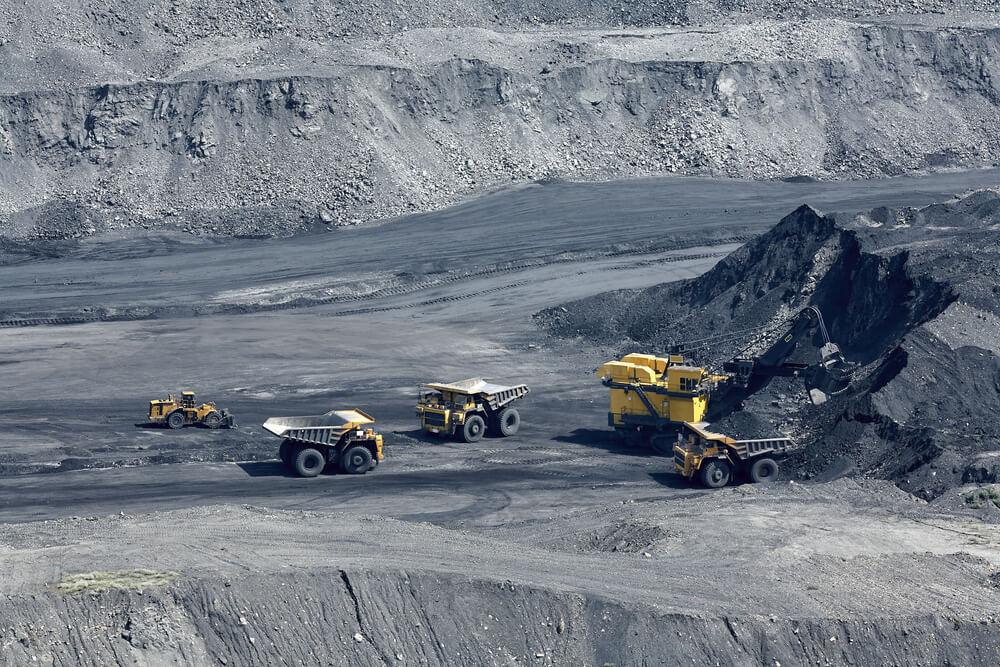While we observe the importance of conserving the environment, it is evident that waste-to-wealth initiatives play a pivotal role in achieving a sustainable future.
As we reflect on the state of our planet and the need for sustainable practices, it becomes evident that our actions must prioritise environmental preservation. As the world economy grows, one of the leading challenges that is staring us at the face is waste management. Waste accumulation and its detrimental impact on nature, demand our attention and concerted efforts to ensure a harmonious coexistence with the natural world.
According to a report by World Bank global waste generation is expected to increase by 70% by 2050, with much of that waste coming from industrial and commercial sources. This can have a detrimental impact on the environment, including increase in pollution, habitat destruction, and greenhouse gas emissions. Recognising these concerns, a number of industries are turning this challenge into an opportunity by developing innovative ways to convert waste streams into valuable resources, creating what is known as a “wealth from waste” approach.
Waste Conversion
Chemical recycling, up cycling, and circular economy approaches are some of the key methods of waste conversion that are currently being used by the chemical industry. The concept of “what one person may consider waste; another may see as a valuable resource” is particularly relevant to the circular economy because it highlights the potential for waste materials to become useful resources when viewed through a different lens. This can involve designing products that can be easily disassembled and reused, or creating systems where waste materials are collected and reused in new products. One example of a circular economy approach is the use of industrial symbiosis, where waste from one industry is used as a resource by another industry.
For instance, waste from a food processing plant can be used as animal feed or solvent recovery that involves the distillation of these waste solvents to produce high-quality solvents that can be reused in the same or other industrial processes, reducing the need for new solvents.
Chemical recycling
Chemical recycling plays a crucial role in wealth-from-waste initiatives by breaking down waste materials into their constituent chemicals, which can then be used to create new products. Companies in the chemical industry are actively investing in research and development to minimise waste streams, monetise waste materials, and explore sustainable alternatives. Waste-to-energy technology also contributes to environmental conservation, as it effectively reduces greenhouse gas emissions while generating usable forms of energy.
Up cycling
Another method that can create value from waste streams. Chemical companies convert the by-products generated through the manufacturing processes into raw materials or co-products, which could either be used for captive consumption or sold separately.
These initiatives are driving cost efficiencies and leading to enhanced yields while contributing positively to sustainability initiatives. By up cycling waste materials, companies can reduce the amount of waste in landfills while creating new products that can generate revenue.
Process Analytical Technology (PAT)
Additionally, Process Analytical Technology (PAT) systems are used to monitor and control manufacturing processes in real-time. By using PAT, companies can optimise production processes and reduce waste by identifying and addressing potential problems before they occur. In the context of the chemical industry, computational modelling and simulation can be used to design and optimise manufacturing processes, predict the behaviour of chemical reactions, and identify potential sources of raw materials. This approach is garnering widespread attention and demonstrating its potential to transform waste into an asset.
By implementing waste-to-energy solutions, companies can reduce waste disposal costs, as the waste is converted into usable forms of energy or products, reducing the need for costly landfill disposal. It can enhance a company’s brand reputation by demonstrating a commitment to sustainability and responsible waste management. This can lead to increased stakeholder loyalty and positive public perception, providing a competitive advantage in the marketplace.
Briquettes as fuel
For instance, chemical companies are using briquettes as fuel, biomass briquette is made from agriculture residues. Hikal’s move toward the use of this cleaner fuel also serves to curb the burning of agricultural remnants which possess a harmful impact on the environment. With the added benefits of fostering a circular economy, the initiative further contributes towards increasing farmers’ income in the region as the agrarian community gets to sell their agro waste profitably.
As we observe the importance of conserving the environment, it is evident that waste-to-wealth initiatives play a pivotal role in achieving a sustainable future. They align with the principles of environmental preservation, resource optimisation, and responsible business practices. Continued investment in research, development, and collaboration among all stakeholders is vital to unlocking the full potential of waste-to-wealth approaches.
Ultimately, by embracing the concept of waste as a valuable resource and integrating sustainable practices into our daily lives, we can pave the way for a more prosperous and environmentally conscious future. Let us recognise the significance of environmental conservation and work together to create a world where the preservation of nature is at the forefront of our actions and decisions.
Authored By

Anish Swadi, Senior President –Business Transformation, Hikal
Edited by Queenie Nair



